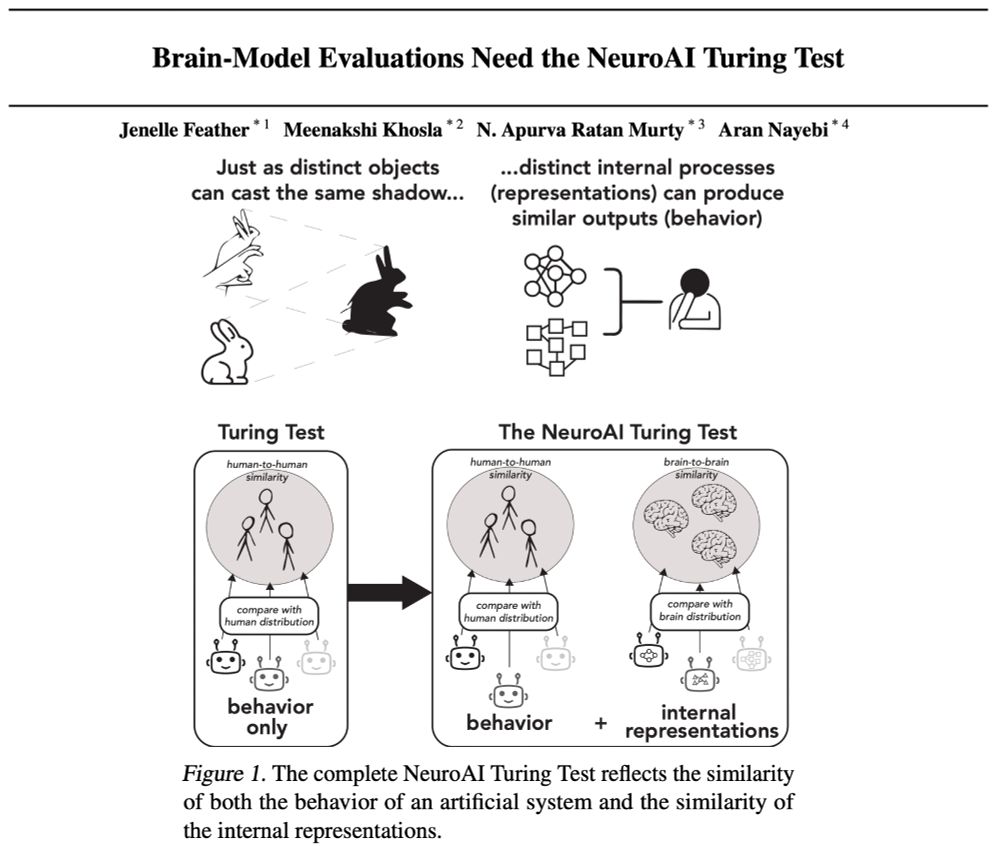
In my recent @cmurobotics.bsky.social seminar talk, “Using Embodied Agents to Reverse-Engineer Natural Intelligence”,

In my recent @cmurobotics.bsky.social seminar talk, “Using Embodied Agents to Reverse-Engineer Natural Intelligence”,
The post calls for hybrid human-AI workflows, domain-specific benchmarks, and stronger standards for reproducibility.
scholarlykitchen.sspnet.org/2025/09/19/g...

The post calls for hybrid human-AI workflows, domain-specific benchmarks, and stronger standards for reproducibility.
scholarlykitchen.sspnet.org/2025/09/19/g...
Excited to share new work led by the talented @reecedkeller.bsky.social, showing how autonomous behavior and whole-brain dynamics emerge naturally from intrinsic curiosity grounded in world models and memory.
Check it out here! 👇
and @leokoz8.bsky.social !
We show how autonomous behavior and whole-brain dynamics emerge in embodied agents with intrinsic motivation driven by world models.
Excited to share new work led by the talented @reecedkeller.bsky.social, showing how autonomous behavior and whole-brain dynamics emerge naturally from intrinsic curiosity grounded in world models and memory.
Check it out here! 👇
#robots #CMU #ML #brain #cortex #SSL
Surprisingly, ConvRNNs best matched mouse cortex—passing the NeuroAI Turing Test. We also developed tactile-specific SSL augmentations and an Encoder-Attender-Decoder framework unifying ConvRNNs, SSMs & Transformers.
We found that Convolutional Recurrent Neural Networks (ConvRNNs) pass the NeuroAI Turing Test in currently available mouse somatosensory cortex data.
New paper by @Yuchen @Nathan @anayebi.bsky.social and me!
Coincidentally recorded on my birthday, no less! Check it out here 👇
www.thetransmitter.org/brain-inspir...

Coincidentally recorded on my birthday, no less! Check it out here 👇
AI is advancing rapidly, but how do we know if it captures intelligence in a scientifically meaningful way?
We propose the *NeuroAI Turing Test*—a benchmark that evaluates models based on both behavior and internal representations.

AI is advancing rapidly, but how do we know if it captures intelligence in a scientifically meaningful way?
We propose the *NeuroAI Turing Test*—a benchmark that evaluates models based on both behavior and internal representations.

